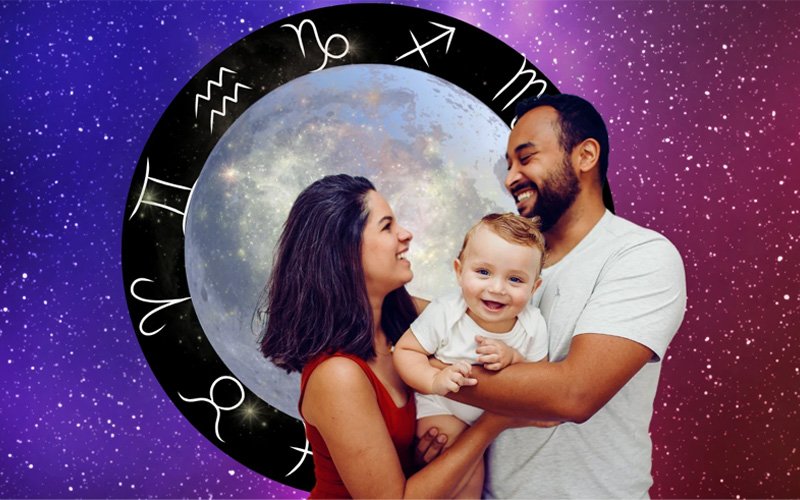In today’s fast-paced world, parenting can be a challenging journey. Understanding your child’s needs is crucial to fostering a healthy and happy relationship with them. Astrological Insights for Parenting offer a unique perspective by revealing your child’s personality traits, preferences, and potential challenges through their astrological chart. By utilizing this knowledge, you can tailor your parenting approach to better support your child’s emotional, mental, and spiritual growth, creating a nurturing environment aligned with their true nature.
The Basics of Astrology
Astrology is an ancient practice that uses the positions of celestial bodies to gain insight into human behavior and personality traits. Each person’s astrological chart is unique, based on their date, time, and place of birth. This chart reveals the positions of the sun, moon, planets, and other astrological points at the time of birth, providing a detailed portrait of an individual’s personality, strengths, challenges, and potential for growth. Love astrology helps parents understand the emotional core of their child.
Sun Sign Astrology
One of the most well-known aspects of astrology is sun sign astrology, which is based on the position of the sun at the time of birth. Your child’s sun sign reflects their basic personality traits, motivations, and core beliefs. Astrological Insights for Parenting emphasize the importance of understanding these traits to build a stronger connection with your child. By recognizing their strengths, weaknesses, and unique emotional needs through their sun sign, you can create a more supportive and nurturing parenting approach tailored to who they truly are.
Moon Sign Astrology
In addition to the sun sign, the moon sign is also an important factor in astrology. The moon sign represents your child’s emotional needs, instincts, and inner world. By understanding your child’s moon sign, you can gain insight into their emotional responses, unconscious patterns, and deep-seated desires.
Rising Sign Astrology
The rising sign, also known as the ascendant, represents the outer self and how your child interacts with the world. It reflects their appearance, demeanor, and approach to life. By understanding your child’s rising sign, you can gain insight into how others perceive them and how they navigate the world around them.
Relationship Astrology: The Parent-Child Dynamic
Relationship astrology (also known as synastry) analyzes how two people’s astrological charts interact. When applied to the parent-child relationship, it offers valuable insight into compatibility and potential areas of tension.
Applying Astrological Insights to Parenting
By combining the insights from your child’s sun, moon, and rising signs, you can gain a comprehensive understanding of their personality and needs. Astrological Insights for Parenting guide you in interpreting these elements to see the emotional, behavioral, and instinctual sides of your child. This knowledge can help you tailor your parenting approach to meet your child where they are and support them in reaching their full potential with empathy and intention.
Practical Tips for Parenting with Astrology
- Recognize Your Child’s Strengths: Identify your child’s unique talents and abilities based on their astrological chart. Encourage and nurture these strengths to help them thrive.
- Support Their Emotional Needs: Pay attention to your child’s moon sign to understand their emotional vulnerabilities and needs. Offer them a safe and supportive space to express their feelings and process their emotions.
- Respect Their Individuality: Your child’s rising sign reveals their unique approach to the world. Honor and respect their individuality, allowing them to express themselves authentically and develop their own identity.
- Navigate Challenges with Compassion: Astrology can also help you anticipate potential challenges and conflicts based on your child’s astrological chart. Approach these challenges with patience and compassion, seeking to understand the underlying motivations and needs driving your child’s behavior.















